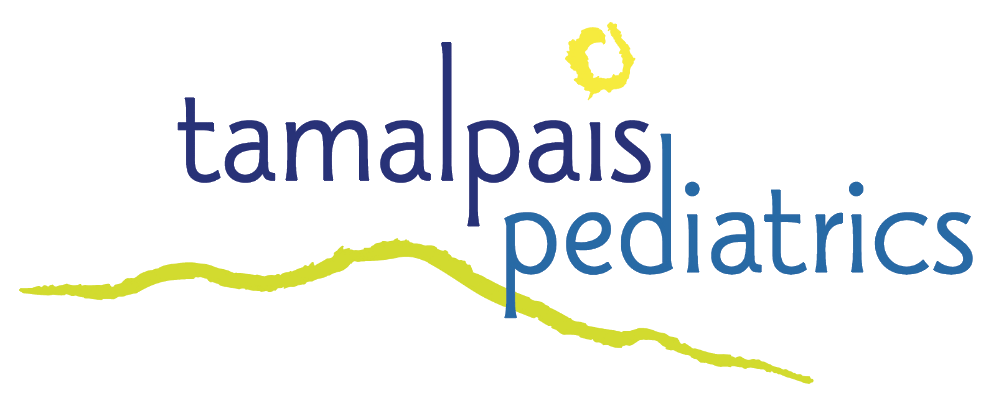
Larkspur Office
Novato Office
Office Hours
Monday - Friday
8:30 am - 5:00 pm
Closed for lunch
Saturday - Sunday
Closed
Appointments
To schedule an appointment for your child, call either office during business hours or send a request through your child’s patient portal account.
We are committed to seeing your child the same day if you feel they should be seen. During office hours, the advice nurse is available to answer any questions you might have.


After-Hours
If your child’s illness or injury is life threatening, dial 911.
When we are closed, call (415) 461-0440, Option 1 to speak to an advice nurse.
Poison Control Hotline
(800) 222-1222
Suicide & Crisis Lifeline
Dial 988
www.988lifeline.org
© Copyright Tamalpais Pediatrics, 2025. All rights reserved. Site by Appleseed Solutions.
